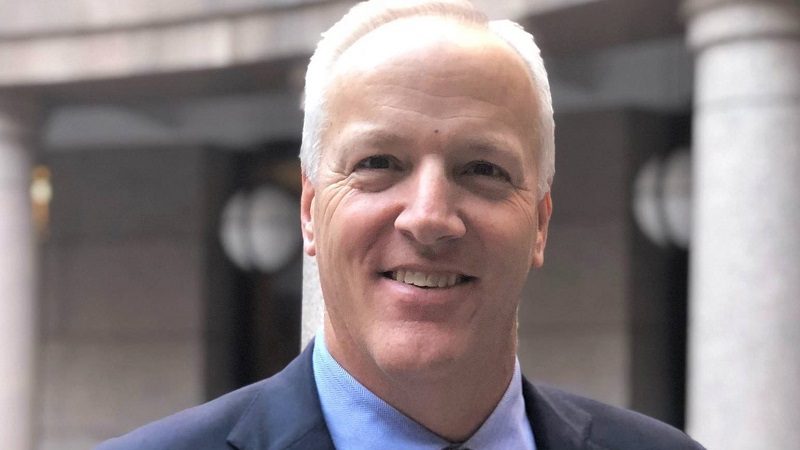A recent unanimous decision by the U.S. Supreme Court ruled in favor of a Philadelphia-based Catholic social service agency and also ruled that the city’s refusal to contract with the agency violated the Free Exercise Clause of the First Amendment, the Wall Street Journal and other news organizations have reported.
The decision comes four years after Texas’ own statute to protect the religious liberty of faith-based child welfare groups.
The high court’s ruling was in favor of Catholic Social Services, which offers foster care and adoption services. That agency was on a list of agencies that the city of Philadelphia had contracted with for decades, WSJ reported.
Philadelphia contracts with private companies to screen prospective foster parents, and its contracts contain a broad nondiscrimination clause that Chief Justice Roberts noted also allows the city to grant exceptions, according to WSJ. The city has 20 other agencies that could offer equal treatment for LGBT foster parents for children in need.
Roberts wrote that the city can grant Catholic Social Services an exception for secular reasons, the report said.
For Texas, the Supreme Court ruling reaffirms its legislation signed into law four years ago. Then-House Bill 3859 prohibited child welfare service providers being forced to go against their religious beliefs in providing services.
That legislation protected the religious freedom of all faith-based groups in the state child welfare program.
That legislation was introduced by Rep. James Frank, (R-Wichita Falls).
“The recent decision in Fulton v. Philadelphia affirms and supports what Texas has done, and I am proud that we are a state where all people, regardless of religious or political beliefs, are welcome to serve children,” Frank told Dallas Express.
Frank said his commitment to the state’s foster care system includes as many good foster families as possible but the legislation was passed to ensure no violation of religious beliefs occurred.
“It has always been and continues to be my goal for the Texas foster care system to include as many good foster families as possible,” he said. “That’s what the legislature did in passing HB 3859 in 2017. We wanted to ensure that all would be welcome to take care of children and to do so in ways that didn’t violate their sincerely held religious beliefs.”
Texas has been moving toward a community-based care model in its foster care system for years. In 2017, the Texas Legislature enacted numerous reforms to improve the state’s beleaguered foster care system, including giving local private and nonprofit charity groups the primary role in the care of foster children in their communities, the Texas Public Policy Foundation reported.
According to testimony submitted to the Texas Senate Finance Committee by TPPF’s Andrew Brown, a senior fellow of child and family policy, positive results are being shown in regions of the state that are operating under the community-based model of foster care. Those local providers have been outperforming the state-run foster care system in the areas of child safety, placement stability and the placement of children in the least restrictive settings.
Most Texans support a community-based model of care for foster children. A 2021 poll of registered voters found that 76% support the model, up from 62% last year.

